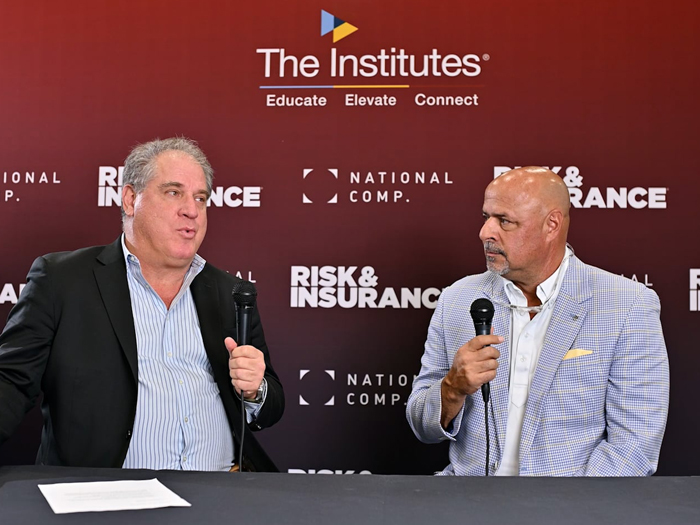Column: Risk Management
Rumor Control
We all played the game as children — we called it “Broken Telephone.” Children would sit in a circle and someone would whisper a phrase into their neighbor’s ear as quietly as possible. Each neighbor would pass on what they heard until the phrase returned to the message originator.
There were no winners. The game was for sheer amusement when you heard the final, usually unrecognizable message. This game was to teach us how easily information can get corrupted if we’re not careful.
So why is it that many decades later, I often feel I am once again sitting in a circle, this time a much larger corporate circle, listening to what someone said somewhere about something, then passing it on as though it were true?
Did we learn nothing?
Based on what I have experienced, it feels we at times give too much credence to rumors spread around corporate offices.
In fact, it is not that uncommon to witness disciplinary action taken on an employee solely based on information spun in an office rumor mill.
Do rumors pose a corporate risk? Consider a common rumor — that of a pending “corporate restructuring.” We have all sat in that rumor circle at one point. The degree of anxiety and insecurity that runs rampant through an organization with that rumor is astonishing. And sadly it can quickly harm productivity, morale and ultimately profitability.
Exacerbating things is the amplification power provided by our social media and communication tools.
Gossipers no longer have to limit their sharing to just their immediate neighbor. They now have the exponential power to broadcast information to hundreds and thousands of people whether their story is true or untrue.
In fact, the fear of this risk pushed the Chinese government last year to institute harsh new measures aimed at thwarting the spread of online rumors by threatening three year jail sentences if posted rumors were proven untrue. People could be charged with defamation if their online rumors are reposted more than 500 times or visited by 5,000 Internet users.
Short of jailing our employees, should companies try to proactively manage their rumor mill? Should they manage the potentially damaging effects of rumors before they get out of control? In effect, should companies have a rumor risk management strategy?
Some common guiding principles for rumor risk management strategy include trying to keep employees informed as much as a possible — true and timely information is key.
We should try to avoid vague corporate speak or double talk as much as possible. Don’t let employees fill in the blanks for you. It is likely the blanks started the rumor in the first place.
Create mechanisms that allow employees to be linked with a source of truth. Call it a rumor control center. We know that “mystery leads the mind to dark places” so it is best they have a place to go to alleviate their anxiety.
As management, if you yourself hear a rumor, nip it in the bud. Break the chain and kill the game of broken telephone. Use it to your advantage if need be. Send correct messages into the circuit. But do act quickly, as rumors become stronger and more difficult to stop over time and can become accepted as truth.
Lastly, don’t forget to do a post mortem. Try to get at the root of the rumor and manage the situation better going forward.
Read more of Joanna Makomaski’s columns on risk management.










